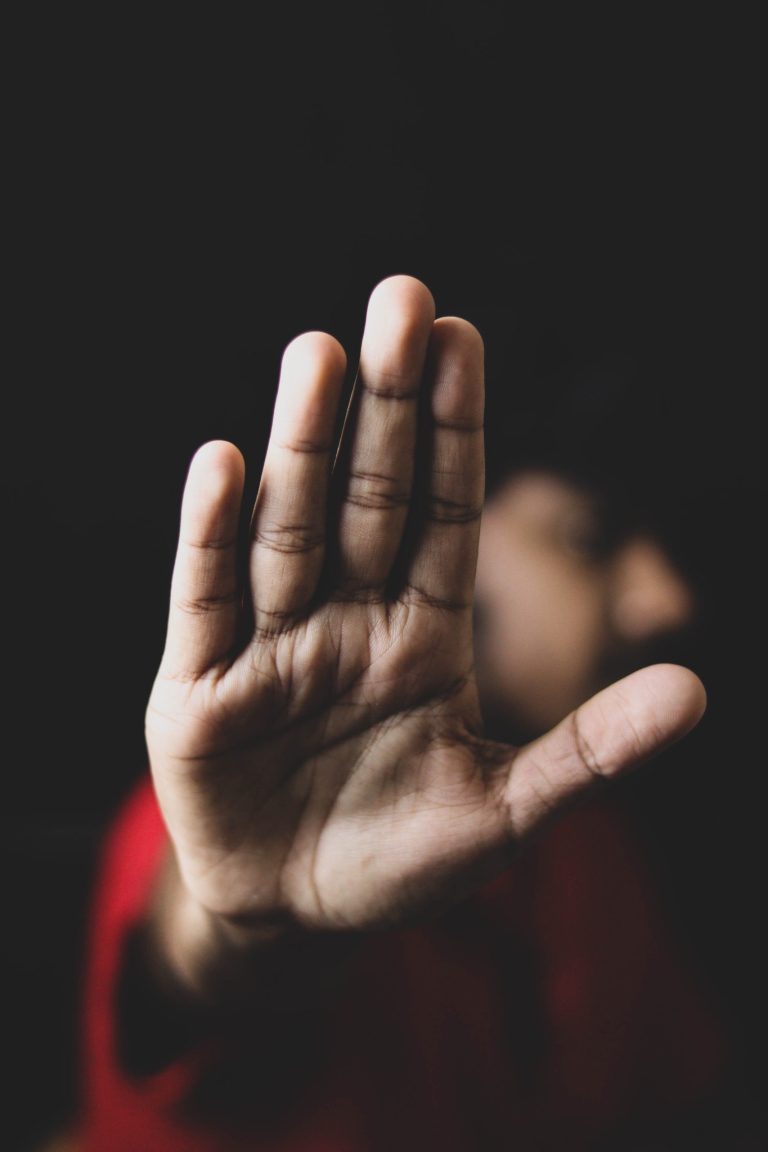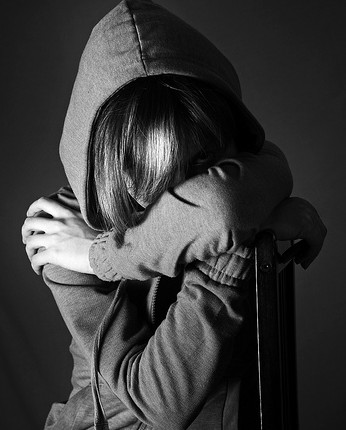5 Stages of Writer’s Grief
Today’s guest post is by K. M. Barkley.
It has been said that writers are a different breed from normal human-beings. They feel differently, act differently, and live differently.
It’s true, we do a ton of stuff counter to the norm, if not completely backward. Grief is no different. Grief has become connected to death—in most cases, the death of a loved one being the most widely attributed. But, as writers, we deal with the death of self, identity, confidence, careers, and the lives of the stories we tell.
The roadmap of conquering the emotional downturn of pain, sorrow, and distress has been coined in the “Five Stages of Grief”: Denial, Anger, Bargaining, Depression, and Acceptance. But as writers, we must do things ass-backward, naturally.
The Five Stages of Writers’ Grief
Acceptance. This comes first. Some wake up one day with the sudden notion of becoming a writer. The others, being the majority, take a long-time trudging through life with it nagging at the back of their brain. We try to live in a world where we are obliged to do things contrary to our wants and needs. We learn to live with it, but the flame of a different reality starts to burn.
Eventually, you accept that you what you are. A writer. A storyteller. You want it so badly that you can’t help but do it, and resisting the urge can be a painful experience. Accepting what you are and what you want to do becomes freeing.
Depression. After your initial acceptance of what you, as a writer, want to become, you move squarely into depression. You notice that, in the present, you don’t know how to achieve what you want. Things get in the way, such as your heavy schedule, fear of the loss of respect for your choice, anxiety from the possible opinions and critiques, and the oh-so-annoying writer’s block.
You start to feel weighted and, for some of us, completely alone. Questions come up like, “Why do this at all? What’s the point?” It can be a very lonely and depressing time, but it is not unusual. When a soul feels unsettled, it is an understandable burden, but finding the appropriate motivation to move forward is essential.
Bargaining. After you feel the weight of depression, an almost animalistic desire to get out of it arises. You feel as though you’ll do almost anything to be spared that and be happy. Prove them all wrong. Your mind dives into the give-and-take scenario. “If I do this, then maybe this will happen,” “What if . . . ,” “If I only do this better . . .”
Sound familiar? You may even start to cut corners with your time, your job, even your muse. You want to be restored.
Unlike the original stages of grief, the faults and impediments in our lives start to make us “think” differently. We may even start to bargain away our sleep for the sake of being able to put a scrap down on some paper. We start to push forward, but for many it becomes a very slow process that leads to fear. And, as the wise and green alien from Star Wars said, “Fear leads to anger,” and so on …
Anger. This is where writers start to feel frustrated. We are forced to own up to our choice in what we want to do, but we also realize that no bargaining is ever going to get us what we want. We must do that ourselves. Then we do.
But, as with the calm before the storm, suddenly rejection and negative feedback start to rear their stupid, fat heads. Underneath anger lies pain. You truly feel it down to your bones.
Anger does something unique. Anger becomes strength. It boils and rages. Suddenly, we start to do something miraculous. We start to fight back.
Denial. Although denial mainly is stitched together with negative connotations, I believe this is the strongest and most crucial part of a writer’s grief. You survived the change and decision, survived the self-doubt and depression, coursed through bargaining and change, and harnessed the anger.
You might even start to feel an overwhelming realization that most people’s opinions are meaningless! You go numb to them. You start to deny the opposition, the critics, the negative opinions, the rejection, the wrongs, and the self-doubt. You find a way to push forward, rolling your eyes and flipping the bird in apathy to the negativity. You learn to cope with the feedback and survive.
You become stronger in your negation of how others view you, and you start to see yourself. The self you thought you lost. A newly formed person that is beautifully artistic.
What matters most is how you deal with it all. Rely on yourself and your gut. Tell the critics and the Negative Nancys to take a hike. That way you can get back to doing what you do best—creating something awesome.
Ever been through these stages? What are your experiences with writer’s grief? Share in the comments below!
 K.M. Barkley has been a creative writer since he entered the rebel stage of childhood. He now is a business writer, editing coach, and owner of the Words Not Wasted blog. Connect with K.M. Barkley on Twitter.
K.M. Barkley has been a creative writer since he entered the rebel stage of childhood. He now is a business writer, editing coach, and owner of the Words Not Wasted blog. Connect with K.M. Barkley on Twitter.












Haha, these stages are so true! I think I’m in the denial stage . . . which is good!
I have been stuck in that stage at many points! Just have to keep pushing through 🙂
Nice. I find I cycle through these steps of grieving more rapidly than I used to. Practice does that.
This was surprisingly accurate! I love the twist you put on the denial stage. It was definitely a struggle for me at first to learn to balance implementing useful feedback with ignoring negativity… I’m getting better about just writing true to my own voice but still sometimes worry too much about what others will think!
I’ve had that issue before but I’ve adopted the IDGAF rule. Honestly, I’ve lived happier ever since 🙂
I don’t know if this counts, but with regards to grief, I spent 5 years creating a very human, very Jewish Yeshua (a.k.a. Jesus),in my novel now on Amazon, and then when I had him crucified at the end of the book, I read the chapter I had just written and cried. I felt like I had just murdered my best friend! And…I guess I did!
With regards to the other stages you write about, I have found that belonging to a writer’s group can be a very positive experience, forcing you through all five stages. Constructive criticism can be a powerful tool, especially when coming from fellow writers going through the same thing.
Writers (and all artists, for that matter) experience more of the range of human emotion than the average person. That is how we communicate with the world around us. How else are we able to express such empathy, if we don’t feel it ourselves? That is just who we are and how we relate to others. Writers are not one-dimensional individuals. Any scribe who isn’t multi-faceted is generally a lousy writer and probably a rotten person in the first place. It explains why we’re prone to fits of anger, depression and substance abuse. But it also explains why we often project an insight into the human psyche and the human soul that most people can’t identify or explain. It’s simply who we are.